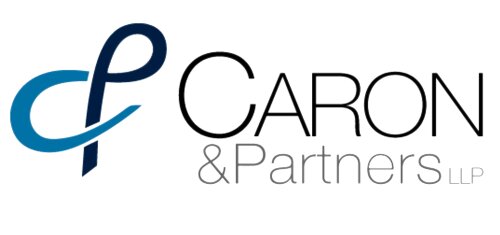Best Patent Lawyers in Calgary
Share your needs with us, get contacted by law firms.
Free. Takes 2 min.
List of the best lawyers in Calgary, Canada
About Patent Law in Calgary, Canada
Patent law in Calgary, Canada governs the protection of intellectual property rights related to inventions. A patent grants the inventor exclusive rights to their invention, preventing others from making, using, or selling the invention without permission. It is crucial for inventors to understand their rights and obligations under patent law to protect their creations.
Why You May Need a Lawyer
There are several situations where you may need a lawyer specializing in patent law in Calgary. Some common reasons include:
- Filing a patent application
- Defending your patent against infringement
- Enforcing your patent rights against third parties
- Negotiating licensing agreements
Local Laws Overview
Key aspects of local laws related to patent law in Calgary, Canada include:
- Patent Act: Governs the requirements for obtaining a patent in Canada
- Patent Rules: Outline the procedures for filing and prosecuting a patent application
- Intellectual Property Office: Responsible for examining and granting patents in Canada
Frequently Asked Questions
1. What is a patent?
A patent is a legal monopoly granted by the government that gives the inventor exclusive rights to their invention for a certain period.
2. How do I obtain a patent in Calgary, Canada?
To obtain a patent in Calgary, you must file a patent application with the Canadian Intellectual Property Office and meet the requirements for patentability.
3. What can be patented?
Inventions that are new, inventive, and useful are eligible for a patent. This may include products, processes, and improvements to existing technologies.
4. How long does a patent last?
A patent in Canada is valid for 20 years from the date of filing the patent application.
5. What rights does a patent grant me?
A patent grants the inventor exclusive rights to make, use, and sell the patented invention, preventing others from doing so without permission.
6. What should I do if my patent is infringed?
If you believe someone is infringing your patent rights, you should consult with a patent lawyer in Calgary to discuss legal options, such as sending a cease and desist letter or filing a patent infringement lawsuit.
7. Can I license my patent to others?
Yes, as a patent holder, you have the right to license your patent to others in exchange for royalties or other forms of compensation.
8. How much does it cost to file a patent application?
The cost of filing a patent application in Calgary, Canada varies depending on the complexity of the invention and the services of a patent lawyer you may require.
9. Do I need a lawyer to file a patent application?
While it is not mandatory to have a lawyer to file a patent application, working with an experienced patent lawyer can increase the likelihood of a successful patent grant and protect your rights.
10. How can I find a reliable patent lawyer in Calgary?
You can search for patent lawyers in Calgary through online directories, legal associations, or by asking for recommendations from friends or colleagues in the industry.
Additional Resources
For more information on patent law in Calgary, Canada, you can visit the Canadian Intellectual Property Office website or contact local legal organizations specializing in intellectual property law.
Next Steps
If you require legal assistance with patent law in Calgary, Canada, consider scheduling a consultation with a patent lawyer to discuss your needs and develop a strategic plan to protect your intellectual property rights.
Lawzana helps you find the best lawyers and law firms in Calgary through a curated and pre-screened list of qualified legal professionals. Our platform offers rankings and detailed profiles of attorneys and law firms, allowing you to compare based on practice areas, including Patent, experience, and client feedback.
Each profile includes a description of the firm's areas of practice, client reviews, team members and partners, year of establishment, spoken languages, office locations, contact information, social media presence, and any published articles or resources. Most firms on our platform speak English and are experienced in both local and international legal matters.
Get a quote from top-rated law firms in Calgary, Canada — quickly, securely, and without unnecessary hassle.
Disclaimer:
The information provided on this page is for general informational purposes only and does not constitute legal advice. While we strive to ensure the accuracy and relevance of the content, legal information may change over time, and interpretations of the law can vary. You should always consult with a qualified legal professional for advice specific to your situation.
We disclaim all liability for actions taken or not taken based on the content of this page. If you believe any information is incorrect or outdated, please contact us, and we will review and update it where appropriate.










